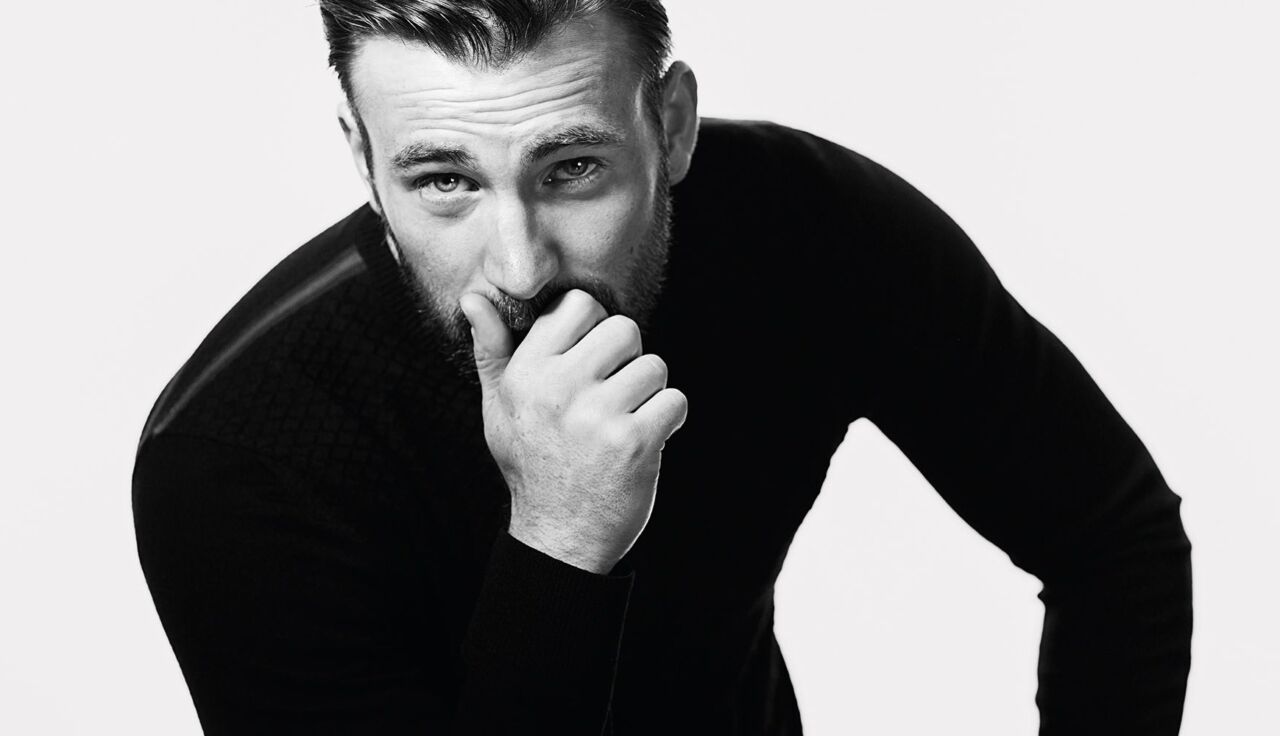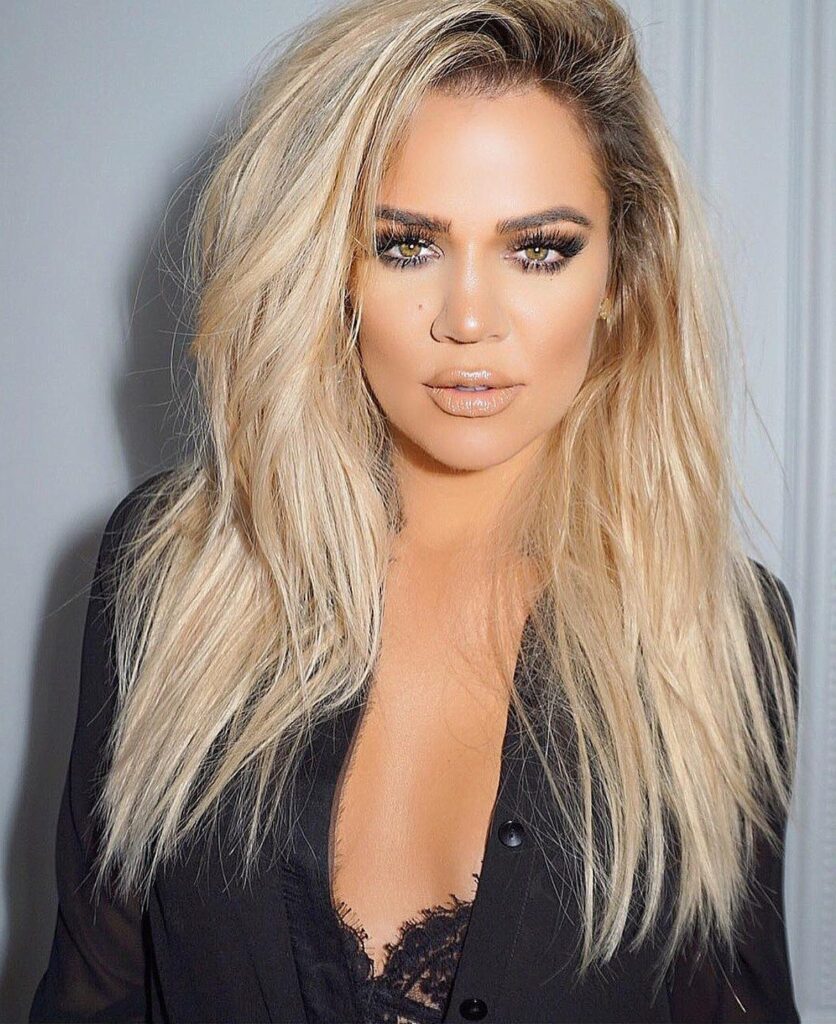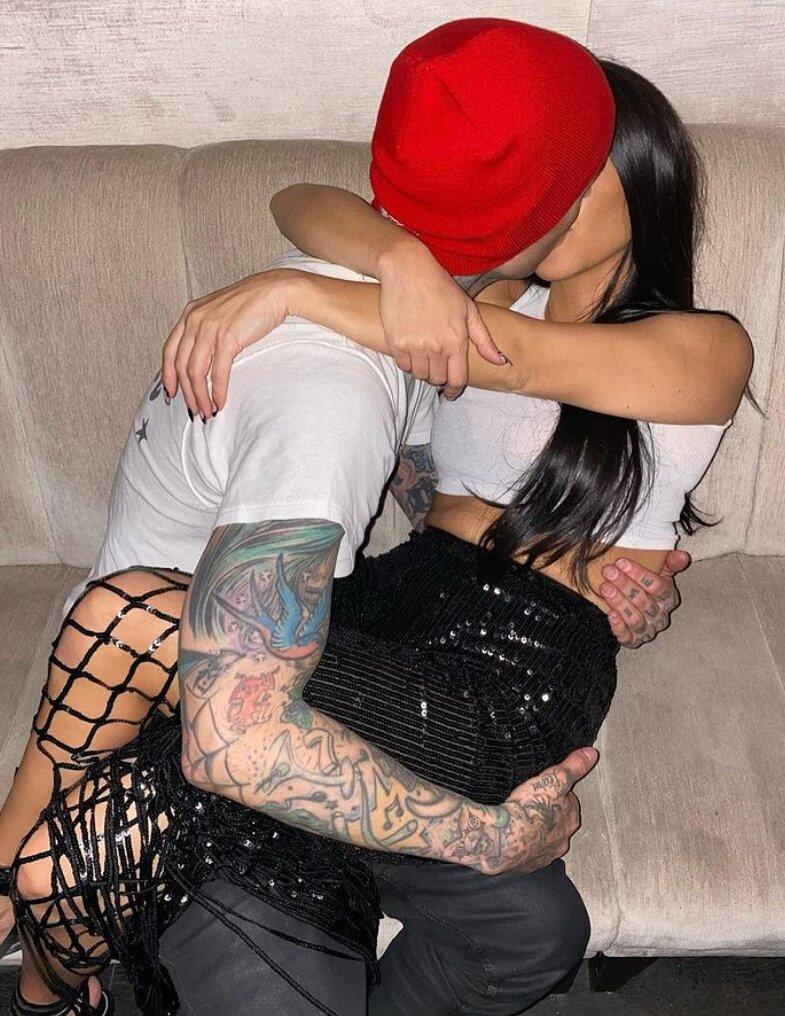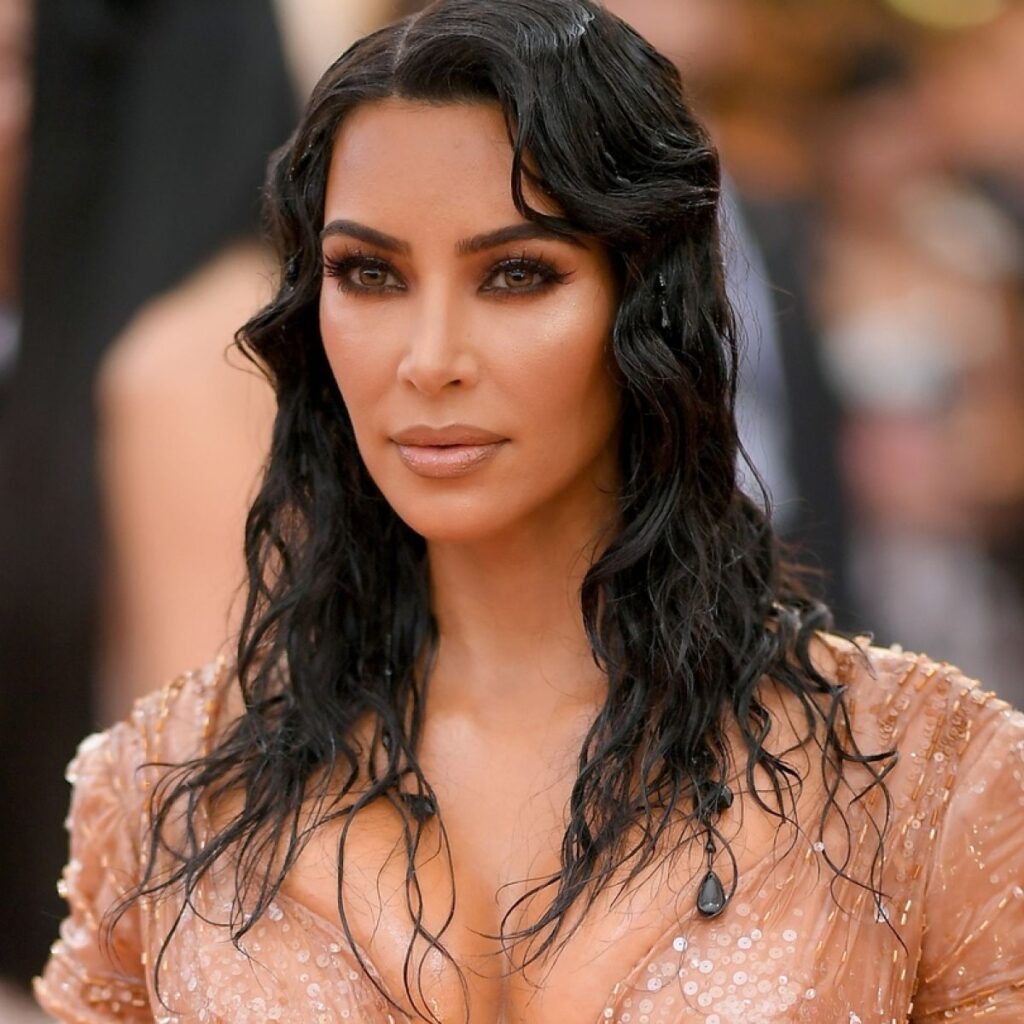THE DIGITAL MINEFIELD
Throwing Shade With Kim, Khloé, Lizzo & Trump


Poor Khloé Kardashian, ever since an unflattering photo of her in a bikini surfaced on social media, she and her team (citing copyright infringement) have been working furiously to get the image removed. In the unretouched less than flattering photo, allegedly taken by her maternal grandmother over Easter weekend in the Coachella Valley where her mother, Kris Jenner has a home, Ms. Kardashian’s body is still beautiful, but it’s not the photoshopped taut, undimpled avatar presented in ads for her Good American clothing line.

It’s ironic that as the founder of a company that prides itself on representing body acceptance, she is trying to eradicate all evidence of the photo and the mere mortal body captured in it. In ancient Rome such behavior was known as damnatio memoriae – an official decree where someone’s name or likeness could be stricken from all monuments, statues and coins. Ms. Kardashian, who has raked in her fair share of shekels (her net worth is rumored to be $50 million), is extremely protective of her body image. In a statement posted on her verified Instagram account, she said, “As someone who has struggled with body image her whole life, when someone takes a photo of you that isn’t flattering in bad lighting or doesn’t capture your body the way it is after working so hard to get it to this point — and then shares it to the world — you should have every right to ask for it not to be shared — no matter who you are.”

One can only wonder who got a hold of Granny’s cell phone and shared her photo with the world. Maybe the distraught Khloé should DM Chris Evans for pointers. After all, he inadvertently posted a picture of his erect penis on his Instagram feed last year. At the time, The Avengers star owned it, and took to Twitter with a message, “Now that I’ve got your attention…VOTE Nov. 3.” Just this week, after Lizzo posted on TikTok that she had sent Evans a drunken DM on Instagram, the good-natured Evans responded, “No shame in a drunk DM…God knows I’ve done worse on this app.”

When it comes to vulgar, shameful, embarrassing social media behavior, the Kardashian clan is one-stop shopping. Just consider Kourtney Kardashian and boyfriend Travis Barker’s recent finger-sucking videos. The more innocent of the two shows him tasting her digits at a boxing match. The other, definitely NSFW, shows Kourtney displaying her…er…oral skills on her boyfriend’s skull-tattooed thumb. If that doesn’t convince you it’s love, Kourtney’s official Instagram account features a photo of Travis’s chest, now emblazoned with her name tattooed over his left nipple. Locating her name on his heavily inked chest is like one of those Facebook quizzes that claims the person who can find the letter ‘A’ in a field of ‘X’s’ is a genius.

Let’s not forget Kim Kardashian’s Twitter feud with Chloë Grace Moretz, which began when Kim posted a nude selfie with the caption “When you like have nothing to wear LOL”. Chloë, 24, responded, urging Kardashian to consider how important setting goals are to young women, and to teach them that they have much more to offer than what Ms. K is most famous for. Kim reacted by throwing shade, claiming that nobody knew who the young actress was – an ignorant slapback, given Chloë has 7 million Instagram followers, and 74 acting credits, including several box-office hits.

When it comes to social media, the rich and famous are just like the rest of us because the Internet, like death, is the great equalizer. Nobody, not even a Kardashian, is immune from falling victim to Internet abuse, which Pew Research breaks down into six categories: physical threats, stalking, sustained harassment, sexual harassment, offensive name-calling, and as is the case with Khloé Kardashian’s purloined bikini shot, purposeful embarrassment.

According to a study Pew published earlier this year, 40% of Americans have experienced some form of online harassment, with 50% of them citing politics as the reason they were targeted. Their findings detail that “In a political environment where Americans are stressed, frustrated and antipathy has grown, online venues often serve as platforms for highly contentious or extremely offensive political debate.” Duh. Just ask anyone who was on social media during the last four years.
While Barack Obama was the first President to post a Tweet, Donald Trump, who posted as many as 34.8 Tweets a day, rightfully earned the title Twitterer in Chief. He was the first President to use the online platform “to amplify his scorn” as The New York Times so aptly put it on the last full day of his presidency when the paper published a complete list of his Twitter insults. Including 6,000 to 10,000 offenses (depending on how you categorize them) directed at some 850 targets, it is the definitive compilation of Tweets from perhaps the most prolific harasser on social media. The list checks nearly every box included in Pew’s categorization of online harassment, even physical violence. In May 2020, Twitter went so far as to hide one of his Tweets, which they claimed “glorified violence”. Tweeting about the protests occurring in Minneapolis following the death of George Floyd in police custody, President Trump wrote that he would send in the National Guard and that “when the looting starts, the shooting starts.”

Someone once said that opinions are like assholes, everybody’s got one. So, it’s not surprising that no matter what one posts on social media, there are always detractors. After The Bachelor star, Colton Underwood recently came out as gay to Robin Roberts on Good Morning America, he received a lot of online love from the likes of Andy Cohen, Dan Levy and JoJo Siwa. But he also received considerable negative comments, many concerning his treatment of ex-girlfriend, Cassie Randolph who had once obtained a restraining order against him. In what appears to be a well-orchestrated marketing event, on the same day that Underwood came out, Variety reported that he is filming his own Netflix reality show. The series will also feature out-Olympian Gus Kenworthy, appearing as a Yoda-like guide to Underwood’s Luke Skywalker, ushering him through the rainbow-flagged world. As soon as the news broke, negative comments surfaced online, many pressuring Netflix to drop the series’ development, and perhaps more surprisingly, against Kenworthy for his involvement. Welcome to the club boys. According to Pew, about 68% of LGBTQ adults have been harassed online.

While all this talk of celebrity may seem rather trite, the Internet, with its ability to add distance and anonymity, can also be a minefield of dangerous influences. Take suicide for example. Although it occurred more than a decade ago, the online humiliation of Rutgers University student, Tyler Clementi, is still haunting. The 18-year-old jumped to his death from the George Washington Bridge after his roommate and another student secretly recorded him having sex with another man and streamed it on the Internet. Then there’s the growing popularity of suicide groupies who encourage others to end their own lives, like the case of Massachusetts teen, Michelle Carter who texted her depressed boyfriend 1,000 times in the week prior to his death. In those texts she encouraged 18-year-old Conrad Roy III to commit suicide by attaching a hose from a portable generator into the cab of his truck, which filled with deadly carbon monoxide while she listened on the phone.
And if coercive suicide isn’t bad enough, how about murder? In her award-winning Elle magazine article Trial by Twitter, journalist Holly Millea recounts the story of 16-year-old Skylar Neese who was murdered by her two best friends, Sheila Eddy and Rachel Shoaf. Deep in the digital diaries of the three, which include over 9,400 posts, a fatal disconnect occurred that led to Neese’s death and ultimately, to the conviction of her friends. As reported by Millea, “To get some idea of just how big a role social media played in the murder, look at Sheila’s phone records. Between July 4th and 10th, 2012 she wrote or received 5,215 text messages or phone calls. That means that she was interacting with her phone 869 times per day.”
Interviewed for the article, Jamie Howard, PhD, a clinical psychologist at New York’s Child Mind Institute said, “There is 100% lack of empathy on the Internet. You don’t have to deal with the natural consequences of your behavior. You say things you wouldn’t say, and your conduct is harsher.” As Ms. Millea points out, “empathy develops when we receive cues from in-person interaction – you say something mean to someone, you see her cry, you feel bad. Technology can obstruct empathy’s development and foster detachment.”
In light of the likelihood of inadvertent posts, shade, blowbacks and negativity, many people have abandoned social media, including 23 high-profile celebrities detailed in a recent issue of People magazine. While some of them have made the break permanent, most of the list, which includes Chrissy Teigen, Ed Sheeran, Cardi B, Kanye West, Ariana Grande, Pete Davidson, Justin Bieber, Rihanna, Taylor Swift and Kendall Jenner, have returned to social media. There must be something in the Kardashian/Jenner DNA that fears the fate of being forgotten because according to the article, Ms. Jenner’s hiatus lasted all of one week.
Copyright 2021 by Michael Arkin. All Rights Reserved.


